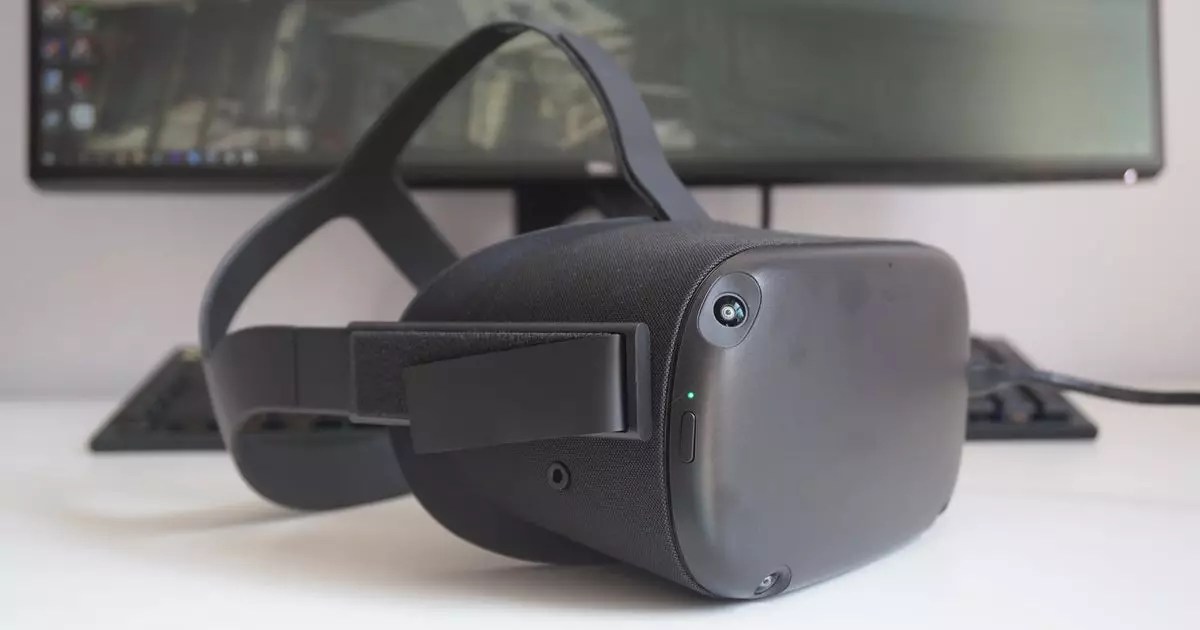The Oculus Quest 1, which was launched in 2019, is facing a challenging situation come this May. New apps released in the Quest Store will no longer be playable on the Quest 1. This decision is not based on the lack of power in the Quest 1 to run these apps, but rather on the fact that developers will no longer be able to upload them, and players using Quest 1 won’t be able to access them. This move is a part of the planned obsolescence strategy that Meta, the parent company of Oculus, announced last year.
Implications for Quest 1 Users
Starting from April 30th, new apps on the Quest Store will not be visible to players with the Quest 1, and developers won’t be allowed to upload new apps exclusively for the Quest 1. Even builds for new apps that could potentially support a range of headsets, including Quest 1, will have their Quest 1 support blocked. However, existing apps that currently support Quest 1 will continue to do so. Meta had previously disclosed that they would be phasing out support for the Quest 1, with security updates and bug fixes also coming to an end later this year in August.
Comparison with Traditional Console Generations
While planned obsolescence is a common practice in the tech industry, the case of Oculus Quest 1 raises some eyebrows. Typically, console generations offer a justification for ending support for older devices by introducing significant hardware improvements in newer models. However, the Quest 2 was released only 18 months after the Quest 1, leaving users feeling short-changed. Unlike traditional consoles where the upgrade is primarily for better graphics and performance, in the case of Quest headsets, Meta seems to be dictating the upgrade path for users without clear added value.
The decision by Meta to render the Quest 1 obsolete by blocking new apps and discontinuing support raises questions about consumer trust and loyalty. Users who invested in the Quest 1 now find themselves in a position where their device is being intentionally phased out in a relatively short period. The lack of clear benefits for users to upgrade to the newer model and the abrupt halt to support for the Quest 1 raises concerns about Meta’s approach to customer satisfaction. As the tech industry continues to evolve, it is essential for companies like Meta to carefully consider the implications of planned obsolescence on their user base.


Leave a Reply